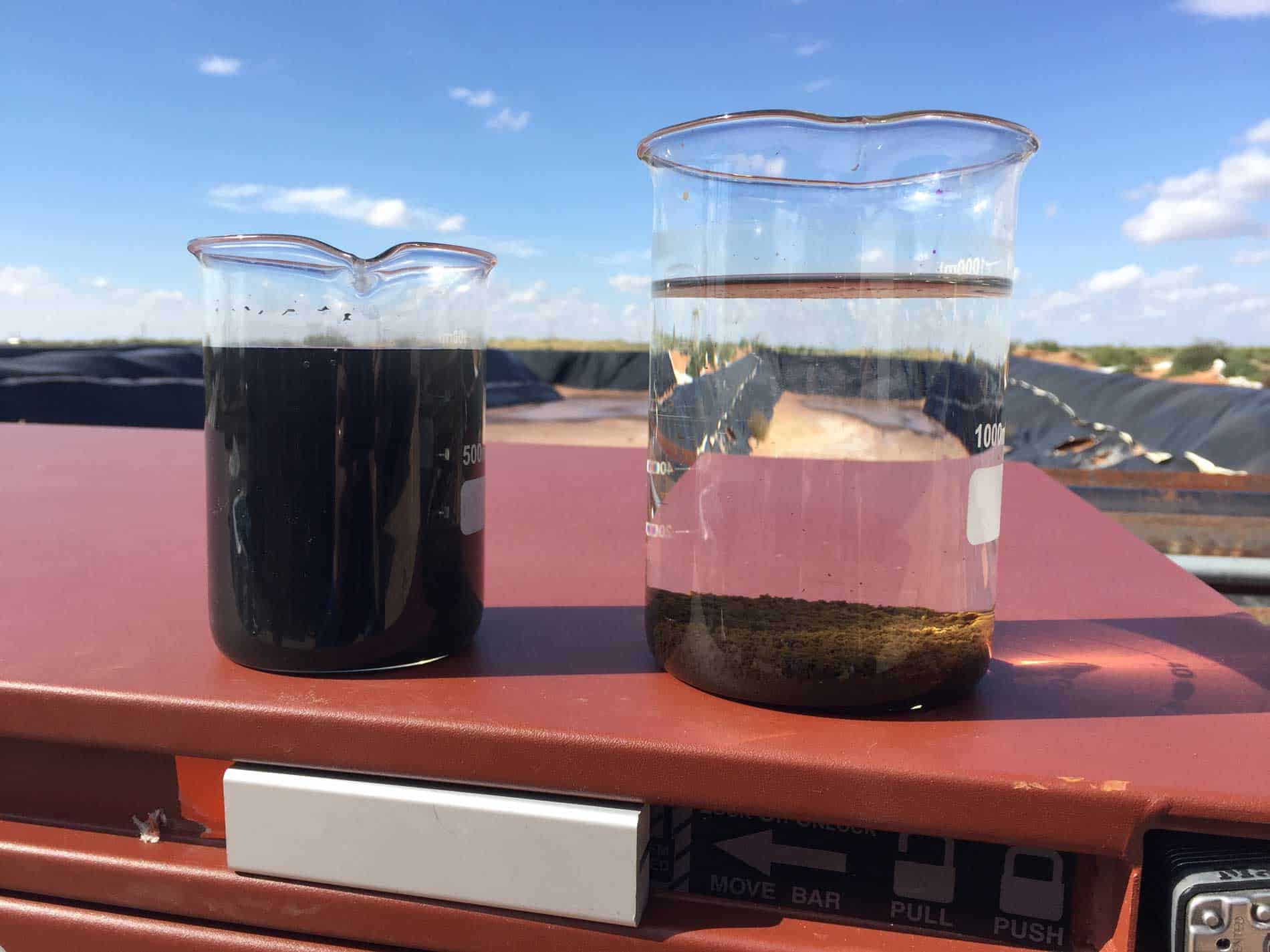GOST 31940 Sulfate Content in Produced Water Test
The GOST 31940 standard is a critical regulatory framework used to ensure the quality and safety of produced water from oil and gas operations. This test specifically measures sulfate content, which is essential for several reasons within the oil and gas sector.
Produced water contains various dissolved substances and salts that are extracted along with hydrocarbons during oil and gas production. Sulfate ions (SO₄²⁻) play a significant role in determining the overall quality of produced water as they can impact pipeline corrosion, water treatment processes, and downstream utilization.
The GOST 31940 method typically involves several key steps: sample collection, digestion, and subsequent analysis. The collected produced water is first digested to release sulfur from organic compounds, followed by a colorimetric or spectrophotometric determination of sulfate concentration. This process ensures accurate quantification in accordance with the standard.
Understanding the sulfate content helps operators identify potential issues such as corrosion risks due to hydrogen sulfide (H₂S) formation and optimize water treatment processes. It also aids in assessing compliance with environmental regulations, ensuring sustainable practices throughout the production lifecycle.
The importance of this test cannot be overstated; it directly impacts operational efficiency, environmental responsibility, and overall safety within oil and gas operations. By adhering to GOST 31940 standards, companies can enhance their reputation for responsible resource management and contribute positively to local ecosystems.
Why It Matters
The measurement of sulfate content in produced water is crucial for maintaining the integrity of oil and gas infrastructure. High levels of sulfur compounds can lead to accelerated corrosion, which requires costly maintenance and repair efforts. Moreover, excessive sulfate concentrations may necessitate additional treatment processes before water can be reused or discharged into natural environments.
From a broader perspective, accurate sulfate content analysis contributes significantly to environmental protection by minimizing pollution risks associated with improper disposal of produced water. By adhering to GOST 31940 standards, operators demonstrate their commitment to sustainable practices that benefit both the industry and society at large.
This testing also supports regulatory compliance, ensuring adherence to international norms such as ISO 17625:2018 for oil and gas industries. Compliance with these standards not only reduces legal liabilities but also enhances a company's reputation among stakeholders.
Additionally, precise sulfate content analysis can inform decision-making related to water reuse strategies, optimizing resource utilization while reducing waste generation. This aligns well with broader sustainability goals aimed at minimizing environmental footprints and promoting circular economy principles within the sector.
Why Choose This Test
Selecting the GOST 31940 sulfate content test for produced water analysis offers numerous advantages that cater to various stakeholders, including quality managers, compliance officers, R&D engineers, and procurement teams. Here are some compelling reasons:
- Compliance Assurance: Ensures adherence to international standards like GOST 31940, which is mandatory for Russian oil and gas operators.
- Risk Mitigation: Identifies potential corrosion risks early on, allowing for timely interventions before significant damage occurs.
- Economic Benefits: Reduces unnecessary expenses by avoiding over-treatment of water or premature replacement of corroded equipment.
- Sustainability Enhancement: Supports eco-friendly practices through informed decision-making and responsible resource management.
- Operational Efficiency: Provides data-driven insights that optimize various aspects of the production process, leading to enhanced performance.
The precision offered by this test ensures reliable results, fostering trust among all parties involved. Furthermore, it positions companies as leaders in sustainable practices, enhancing their market competitiveness and stakeholder relationships.
Environmental and Sustainability Contributions
- Reduction of Pollution Risks: By accurately measuring sulfate content, operators can prevent the release of harmful substances into the environment, thus reducing pollution risks.
- Sustainable Water Management: Proper analysis helps in implementing effective water treatment strategies, promoting efficient use and reuse of produced water.
- Enhanced Compliance: Ensures compliance with environmental regulations, contributing to a cleaner and more sustainable future.
- Resource Optimization: Data-driven decisions based on accurate sulfate content analysis lead to better resource utilization, reducing waste generation.
These contributions are pivotal in fostering an environmentally conscious approach within the oil and gas industry. By prioritizing such tests, companies not only meet regulatory requirements but also demonstrate their commitment to sustainability, thereby building a positive reputation among stakeholders.





